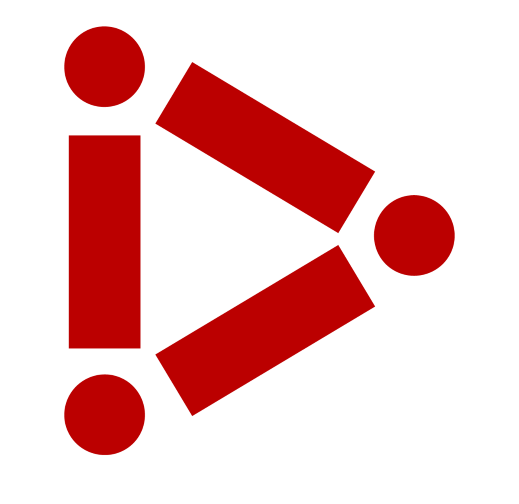
Large-Scale Problems: Understanding America's Healthcare Problem
By Elizabeth Donaldson
In the United States, healthcare is a complicated, expensive matter of life or death.
The CDC reports that 33.2 million uninsured people live in the US, with over 27 million living below the poverty line. In the past year, the Kaiser Family Foundation reports that 29% of the US population have not taken medication as prescribed in order to save costs. Over the last ten years, the Affordable Care Act has reduced the number of uninsured people in America, but has far from solved the problem. So, what does the next decade of American healthcare look like? What is the future for uninsured Americans?
MS Software Management students in the Large-Scale Problems course are asking the same questions. For the semester, MSSM students have dug deep into this problem space, researching insurance data, and understanding the deep political and social complexities surrounding public and privatized healthcare. To fully understand the problem scope, students met with experts across healthcare’s niche industries.
“Our research has been second-hand up to this point, so it's valuable to talk with real stakeholders,” shares Emily Hsiao (MSSM ’20). “With wicked problems, it’s important to have course correction, so the workshop serves as an opportunity for us to assess if we’ve overlooked any areas or need to redirect our exploration.”
In preparation for the workshop, students analyzed healthcare affordability and accessibility through PEST (political, economic, socio-cultural, technological) analysis and design thinking. Students created and investigated “what if” scenarios, elaborating on assumptions and storyboarding to design high-tech, low-tech, utopian, and dystopian potential futures.
“Our guests are experts in specific fields ranging from the public sector to electronic medical records, so we’re expecting them to give feedback on our approach and perspective aligned with their professional expertise and experience,” Rafael Salazar (MSSM ’21) shares in preparation of the event. “I also hope that this exercise may challenge them, leaving them with a refreshed holistic view of the problem space, and maybe even an opportunity to complement their work.”
The experienced guests joined students for a virtual workshop where they collaboratively envisioned potential futures. The students offered insights into dystopian realities, sharing expectations of polarized options.
One experiential future outlook considers the implications of government healthcare and medical intervention
After engaging with the experiential futures, guests were invited into breakout rooms with other students. They considered the possible outcomes of the projected futures as they worked through different exercises. The first exercise required the groups to write headlines for future newspapers: in the event of any of the experiential futures, what current events would be highlighted? What tangential industries or social dynamics would be affected? Who would be implicated in the event of tragedy or danger? In the second round, groups wrote postcards to family and friends as if they were living in one of the futures. The postcards allowed for inward reflection and a consideration of how large scale social changes would impact day-to-day life.
"Everyone acted as a team," says Akriti Agarwal (MSSM '20), the Teacher Assistant for the course. The stakeholders and students were enthusiastic collaborators, and industry guests were pleased to know that Carnegie Mellon students are hard at work, tackling the many facets of the healthcare problem. For students, the experience was an opportunity to go even further in their futures research.
"In this class, students aren't graded for being right or wrong, but on how deeply and broadly they've expanded their thinking," says Agarwal. "It's been delightful to see some reserved students come out of their shells and become opinionated. I've seen the evolution in every student."
